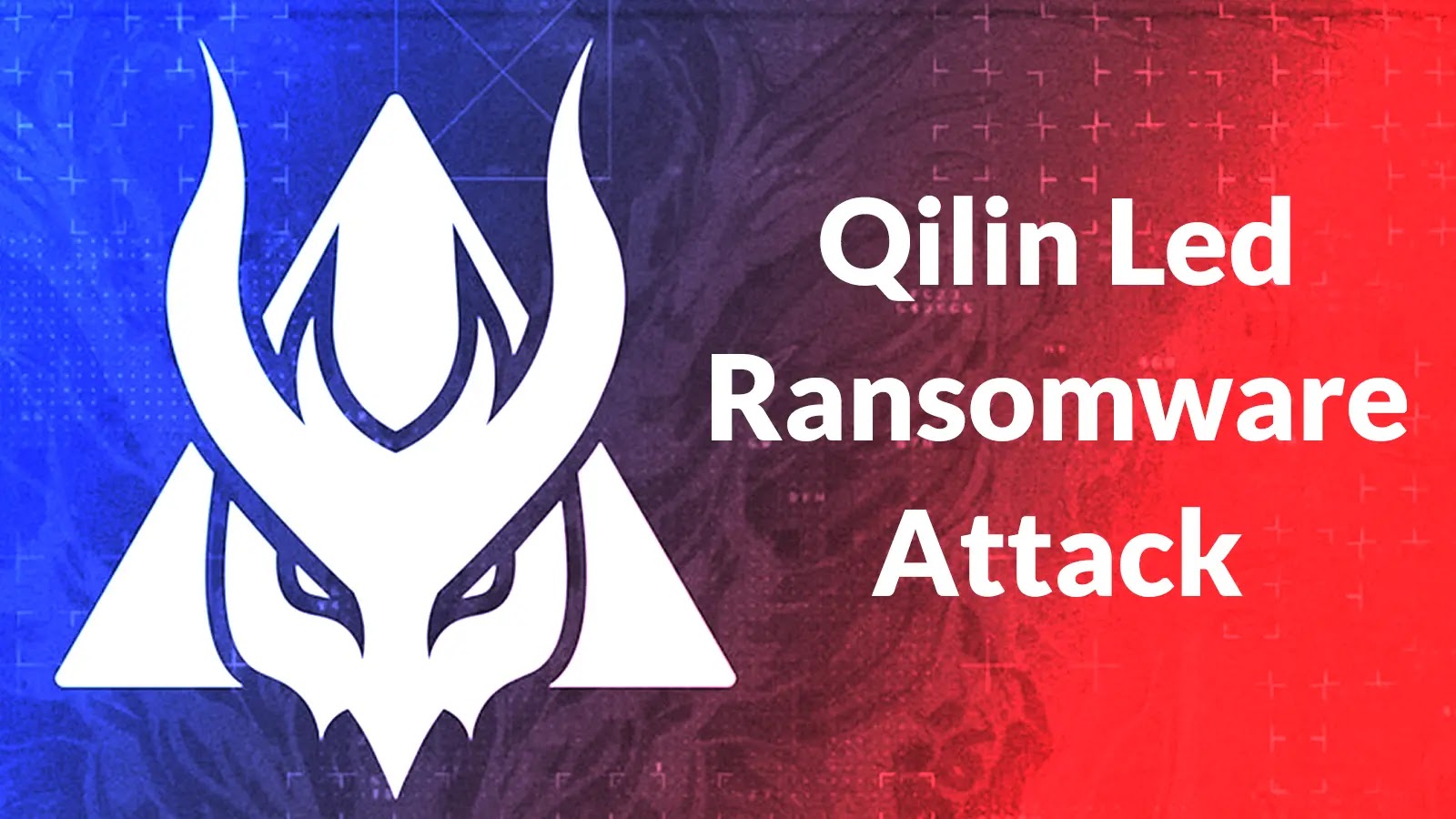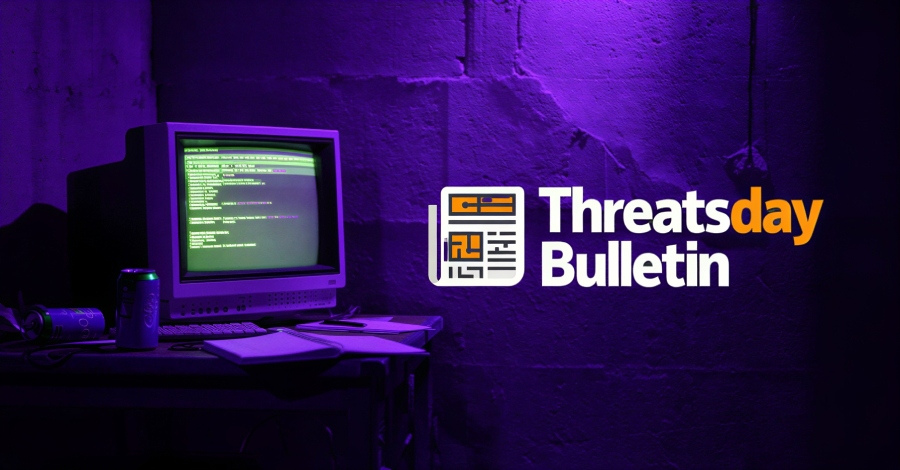Cybersecurity researchers have recently uncovered a significant cache of hacking tools, including SuperShell payloads and Cobalt Strike beacons, openly accessible within unprotected directories on the internet. This discovery underscores the risks associated with misconfigured servers and the inadvertent exposure of malicious tools by threat actors.
SuperShell: An Emerging Threat
SuperShell is a command-and-control (C2) framework that has gained attention for its sophisticated capabilities. Developed in the Go programming language by a Chinese-speaking developer, SuperShell supports multiple platforms, including Windows, Linux, and Android. Its primary function is to establish a reverse SSH tunnel, enabling attackers to remotely control infected systems through an interactive shell session. Despite its relatively low profile compared to other open-source C2 projects, SuperShell offers a Python-based server infrastructure, an intuitive administrative panel, and cross-platform payload compilation.
Discovery of Exposed Directories
Researchers from Hunt.io identified the exposed server during routine scans of the public IPv4 space for open directories. Their continuous monitoring system, which has cataloged over 41 million publicly accessible files, detected suspicious payloads while searching for instances of IOX, an open-source proxy and port forwarding tool. The exposed files included UPX-packed ELF 64-bit Golang executables, identified as SuperShell components by multiple security vendors. These files established communication with a command-and-control server hosted on Huawei Public Cloud Service, providing valuable insights into the threat actor’s infrastructure and operational patterns.
Technical Analysis of SuperShell Infrastructure
Further inspection of the identified C2 server revealed a complex infrastructure with multiple services, including the SuperShell administrative panel hosted on port 8888 and Asset Reconnaissance Lighthouse (ARL) on port 5003. The open directory contained multiple malicious files, including ‘ps1’ and ‘ps2,’ both identified as SuperShell components. Additionally, a Cobalt Strike beacon was found in a file named ‘test,’ utilizing different infrastructure than the SuperShell components. This beacon connected to a server disguised with a certificate claiming to represent jquery.com, a classic masquerading technique often employed by threat actors to avoid detection.
Implications and Recommendations
The discovery of these exposed directories highlights the importance of proper server configuration and the risks associated with mismanagement. Threat actors can inadvertently expose their tools and infrastructure, providing valuable intelligence for security teams. To mitigate such risks, organizations should implement robust security measures, including:
– Complex Passwords: Use strong, unique passwords for all accounts.
– Regular Updates: Keep systems and software up to date with the latest security patches.
– Firewall Protection: Employ firewalls to restrict unauthorized access.
– Security Software: Utilize updated security software to detect and block malware infections.
By adhering to these practices, organizations can significantly reduce their vulnerability to attacks leveraging tools like SuperShell.


